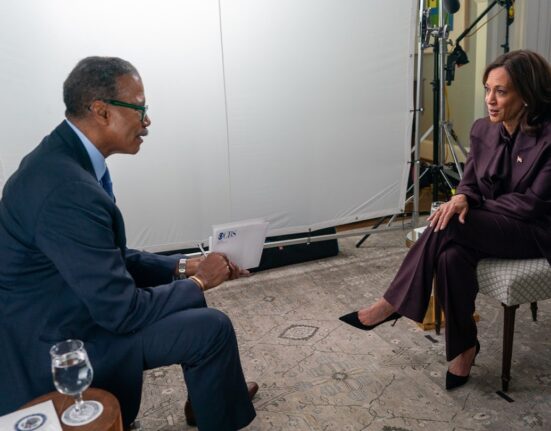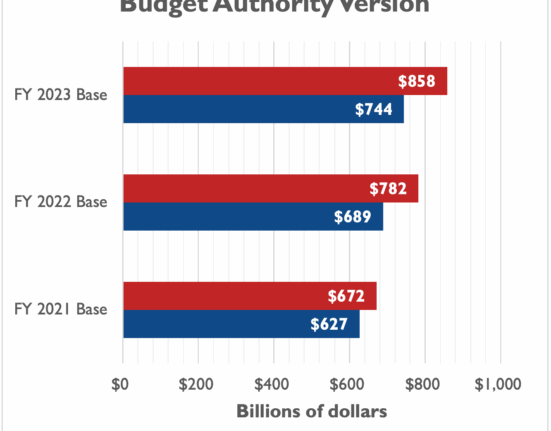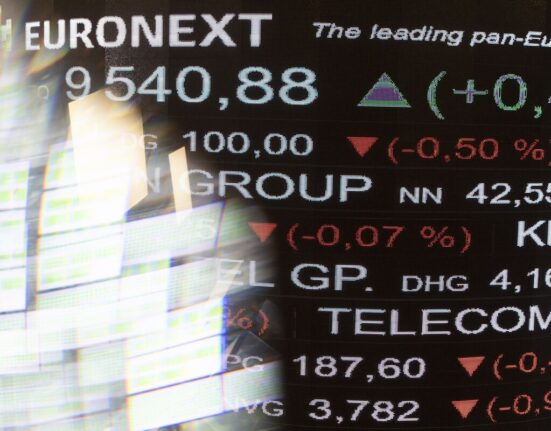—
Discovering Parallels Between Nehru and Trump
Let’s take a trip down the historical lane, where we find ourselves in the midst of contrasting yet strangely converging ideologies. Imagine the erudite figure of Jawaharlal Nehru, India’s esteemed first prime minister, with his refined education from Harrow School and Trinity College, Cambridge. On the other hand, picture the brash persona of Donald Trump, America’s president at one point—defined not by scholarly achievements but by his New York real estate escapades.
Nehru, a noble freedom fighter who endured British incarcerations for nine years fighting against colonial oppression, embodied Fabian socialism—a blend of aristocratic skepticism towards trade intertwined with an intellectual fascination for scientific advancements. Fast forward to modern times; you might be surprised to see echoes of Nehru’s trade sentiments reflected in Mr. Trump’s “America-first” rhetoric.
—
The Legacy of India’s License Raj
Enter the realm of India’s historic economic framework known as the “License Raj.” This bureaucratic system regulated industrial development through permits and licenses—a practice that stifled entrepreneurship and innovation. While India bid adieu to this era post-liberalization reforms in 1991, its shadows continue to cast implications on present-day economies.
The License Raj wasn’t merely about paperwork and red tape; it symbolized a mindset that favored protectionism over free markets—a cautionary tale etched in history books as a reminder of how excessive regulation can impede growth potential.
—
Unpacking Lessons for American Economics
As we draw parallels between India’s past and America’s present economic landscapes, there emerges a compelling narrative offering valuable insights. The dismantling of protectionist barriers doesn’t guarantee immediate liberation from systemic challenges; rather, it unravels a complex web woven by decades-old policies.
In today’s global economy where protectionism rears its head time and again under different guises, understanding the repercussions of stifling regulations becomes paramount. It prompts us to question whether short-term gains through restrictive measures outweigh the long-term benefits stemming from open market dynamics.
—
An Expert Commentary on Economic Paradigms
Seeking expert opinions on this juxtaposition between historical regimes like India’s License Raj and contemporary economic strategies adopted by nations like America unveils fascinating perspectives. Economists emphasize how policy decisions rooted in protectionism or liberalization reverberate beyond political tenures—shaping financial trajectories for generations to come.
The narrative transcends borders; it isn’t just about India or America—it’s about deciphering broader implications on global trade dynamics. Each policy shift acts as a domino piece setting off ripples across interconnected markets worldwide—an intricate dance where every step influences the collective rhythm of international commerce.
—
Through this exploration journey bridging two distinct eras separated by geography but united by economic ideologies, we unearth timeless lessons transcending temporal boundaries—lessons that resonate not just within national frameworks but within the overarching fabric weaving together diverse economies into a cohesive tapestry called globalization.









Leave feedback about this